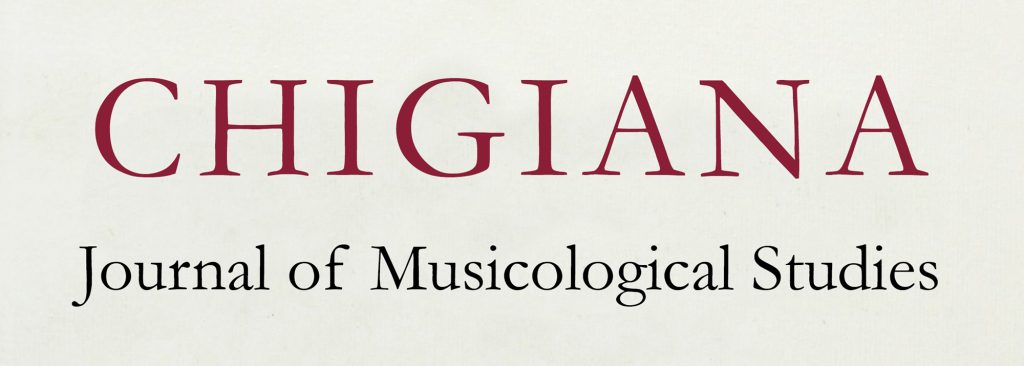
Who needs art music?
Today, it is easy to observe how music is used indiscriminately to fill the silence; to beat the time of shopping or doing a workout; to accompany images of all kinds that appear on smartphones. The dematerialisation of media and the pervasiveness of digital tools have radically changed our way to relate to music, which has become a seemingly unlimited and infinitely accessible commodity. All this has led to the practice of distracted listening, the search of music that shows a direct and immediate utility and provides standard emotions without asking for anything in return. This individual and personal relationship with music has made us forget its fundamental function as a social aggregator, uniting those who play and those who listen in a common experience of time. Distracted listening has neutralised all the effects that affect the capacity for reflection, emotional balance, and openness to the unexpected. Above all, however, it has made us forget how much an attentive listening is an act of freedom with an essential political value.
The initiatives taken by those invited to this conversation lead us to recover the difference between culture and entertainment, between sharing and consumption, between participation and mass: these are the traits that, beyond all genre characteristics, distinguish “art music” from that produced for commercial purposes. Against all forms of indifference, the vital way of dealing with music, both in making it and in listening to it, which unites the experiences presented, the way of coping with sometimes unbearable difficulties and sacrifices through music, will show what music we need. At the same time, they will invite us to recognise who we are and why we really need music.
Chi ha bisogno della musica d’arte?
Oggigiorno è facile osservare come la musica venga usata per riempire indistintamente gli spazi di silenzio, ritmare gli acquisti o l’esercizio ginnico – collettivo o solitario –, accompagnare immagini di ogni tipo che appaiono sugli smartphone. La smaterializzazione dei supporti e la pervasività dei media digitali ha trasformato radicalmente il modo di rapportarsi alla musica, divenuta apparentemente un bene illimitato e infinitamente accessibile. Tutto ciò ha portato ad esercitare un ascolto distratto di musiche che mostrino una utilità diretta e immediata, fornitrici di emozioni standard senza chiedere nulla in cambio. Questa relazione individuale e personale con la musica ha fatto dimenticare la sua fondamentale funzione di aggregatore sociale, capace di legare chi suona e chi ascolta in una comune esperienza del tempo. L’ascolto distratto ha neutralizzato tutti gli effetti che incidono sulle capacità di riflessione, sull’equilibrio emotivo, sull’apertura all’inatteso. Ma soprattutto ha fatto dimenticare quanto ascoltare attentamente sia un esercizio di libertà, dal valore politico essenziale.
Le iniziative condotte dagli invitati a questa conversazione ci invitano a recuperare la differenza fra cultura e intrattenimento, fra condivisione e consumo, fra partecipazione e massa: i tratti che distinguono la musica d’arte da quella prodotta a fini commerciali, al di là di ogni caratteristica di genere.
Contro ogni forma di indifferenza, la maniera vitale di avere a che fare con la musica tanto nel farla quanto nell’ascoltarla che accomuna le esperienze a confronto, il modo di affrontare con la musica difficoltà e sacrifici talvolta insostenibili, mostreranno qual è la musica di cui abbiamo bisogno. Allo stesso tempo ci inviteranno a riconoscere chi siamo e perché abbiamo bisogno della musica.
